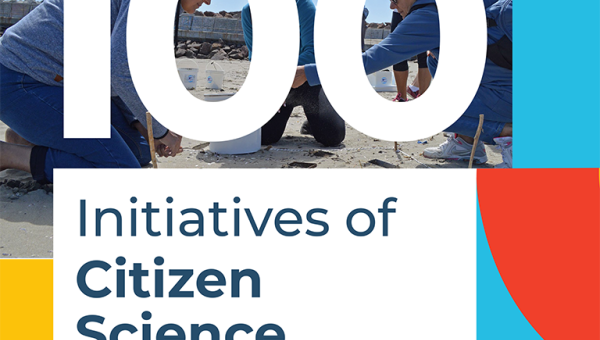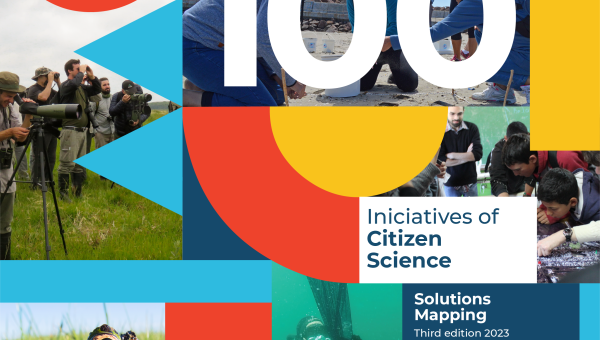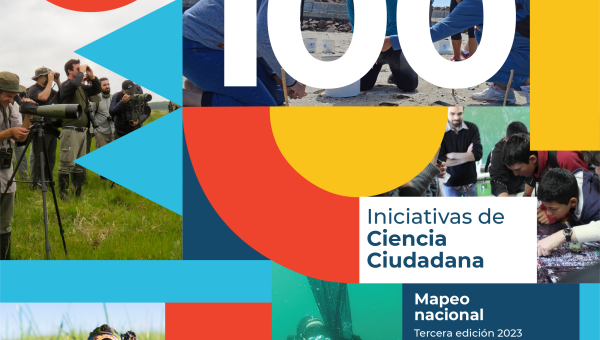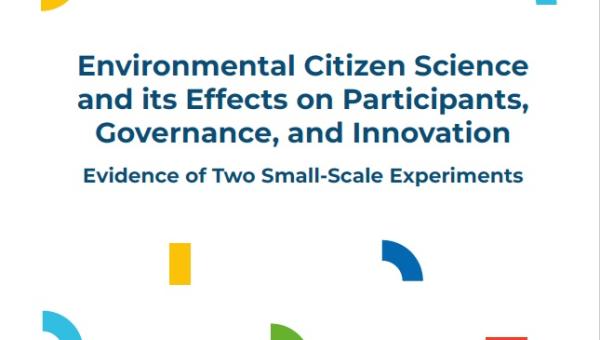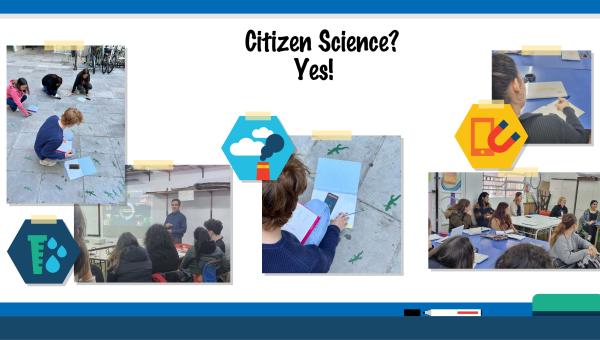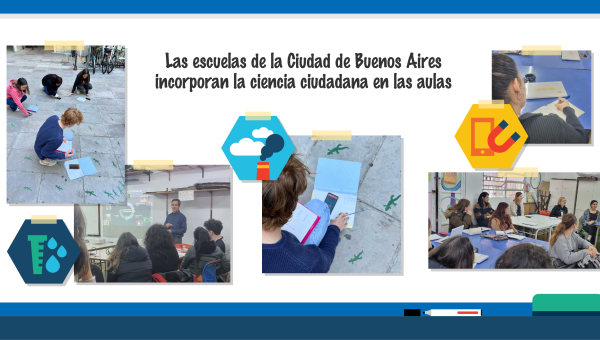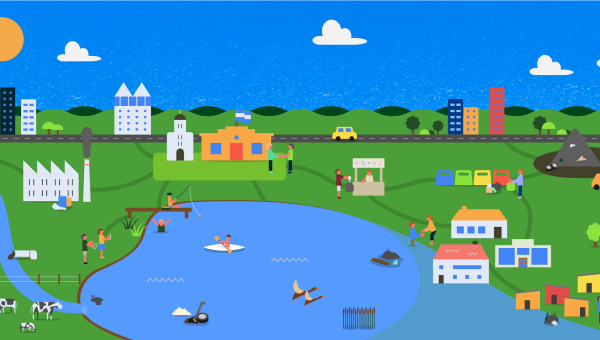
SUMMARY
Development issues are complex and change rapidly. Therefore, it is necessary to consider alternative approaches to address them, such as citizen science. The research and development (R&D) portfolio of the UNDP Accelerator Lab in Argentina, the Co_Lab, began in 2020 with a pilot project to measure air quality using cyclists—who were allowed to circulate during the quarantine— carrying low-cost sensors developed by open-seneca, in collaboration with the Ministry of Environment and Sustainable Development and the Government of the City of Buenos Aires. This initial step led to mapping citizen science initiatives with the Ministry of Science, Technology, and Innovation, focusing initially on environmental issues. This collaborative solutions mapping grew, resulting in the inclusion of the topic on the national agenda and the design of a National Citizen Science Program, which includes a grant call to fund projects.

In addition, the Co_Lab also experimented with two citizen science solutions in partnership with four local governments: Mercedes, San Antonio de Areco, Balcarce, and Quilmes in the Province of Buenos Aires. The first initiative aimed to separate household waste and assess its effects on people's commitment and willingness to care for the environment. The second was an effort to map aquatic ecosystems using an application that collects georeferenced environmental data. Additionally, the Co_Lab supported the Ministry of Education of the City of Buenos Aires in implementing a “Citizen Science in Schools” program and continues to collaborate with other UNDP Accelerator Labs in various countries to promote the growth of citizen science beyond national borders.

 Locations
Locations

